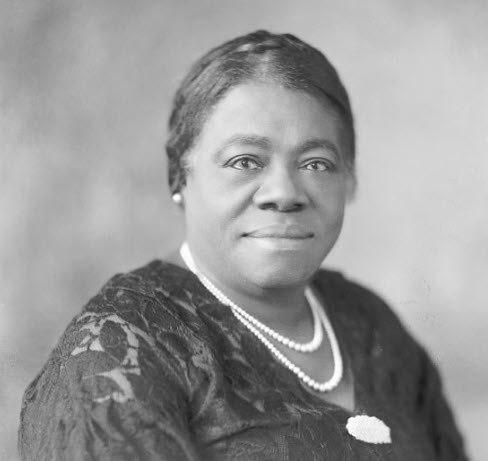Thoughts on Responsible Data Use
A strange thing about my job is that, although we're all about supporting K-12 education data interoperability, we don't actually work with any K-12 data. We build software, and others use it to collect data from disparate data sources into a single, unified, and standardized data set. But that does't stop me from thinking about how data should be used.
On a flight out to the #STATSDC2023 conference hosted by the National Center for Educational Statistics (my first time at this event), I finally wrote down my personal principles for ethical / responsible use of data and AI. Many have written about responsible use of data; there is nothing ground breaking here. Yet it feels meaningful, even if only for myself, to acknowledge "out loud" the values and principles that I wish to hold myself accountable for whenever I do use data, encourage others to make use of data, allow my own data to be used, etc.


